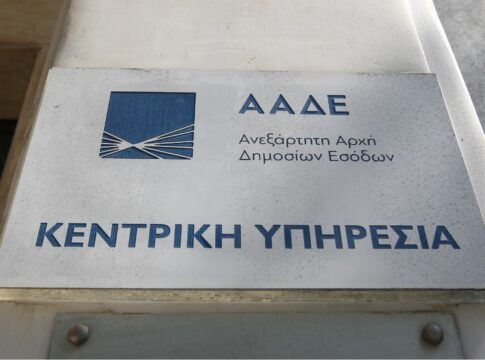Greece’s economic outlook has improved significantly with real GDP increasing and debt falling, returning to pre-pandemic levels, according to the International Monetary Fund (IMF).
However, the Fund proceeded with recommendations for a policy mix that combines fiscal stability with growth. In fact, it referred to the new tax bill, noting that “continuous efforts to promote digital transactions and rationalize tax incentives will improve the efficiency of revenue collection.”
As for the banking system, it said that it has remained resilient with improving balance sheets.
However, the economy is facing macro-financial challenges amid the significant monetary policy tightening, persistent core inflation, and rising real estate prices. Structural imbalances arising from low household savings and still low levels of investment are weighing on medium-term growth prospects.
Achieving higher and greener growth and ensuring fiscal sustainability while safeguarding financial stability requires the right policy mix aimed at continuing fiscal consolidation in a growth-friendly manner, strengthening financial system resilience, and accelerating pro-growth reforms.
The IMF said that real GDP will continue to expand by 2.5% and 2.0% in 2023 and 2024 respectively. Private consumption will be buoyant on the back of increasing real wages while investment activity will continue to rise through the implementation of the National Recovery and Resilience Plan.
As for the unemployment rate, it said that it declined to 10% in September, a decade low.
Headline and core inflation dropped to 3.8% and 3.6%, respectively, in October, due to normalizing energy prices and base effects but remained high amid the tightening labor market.















